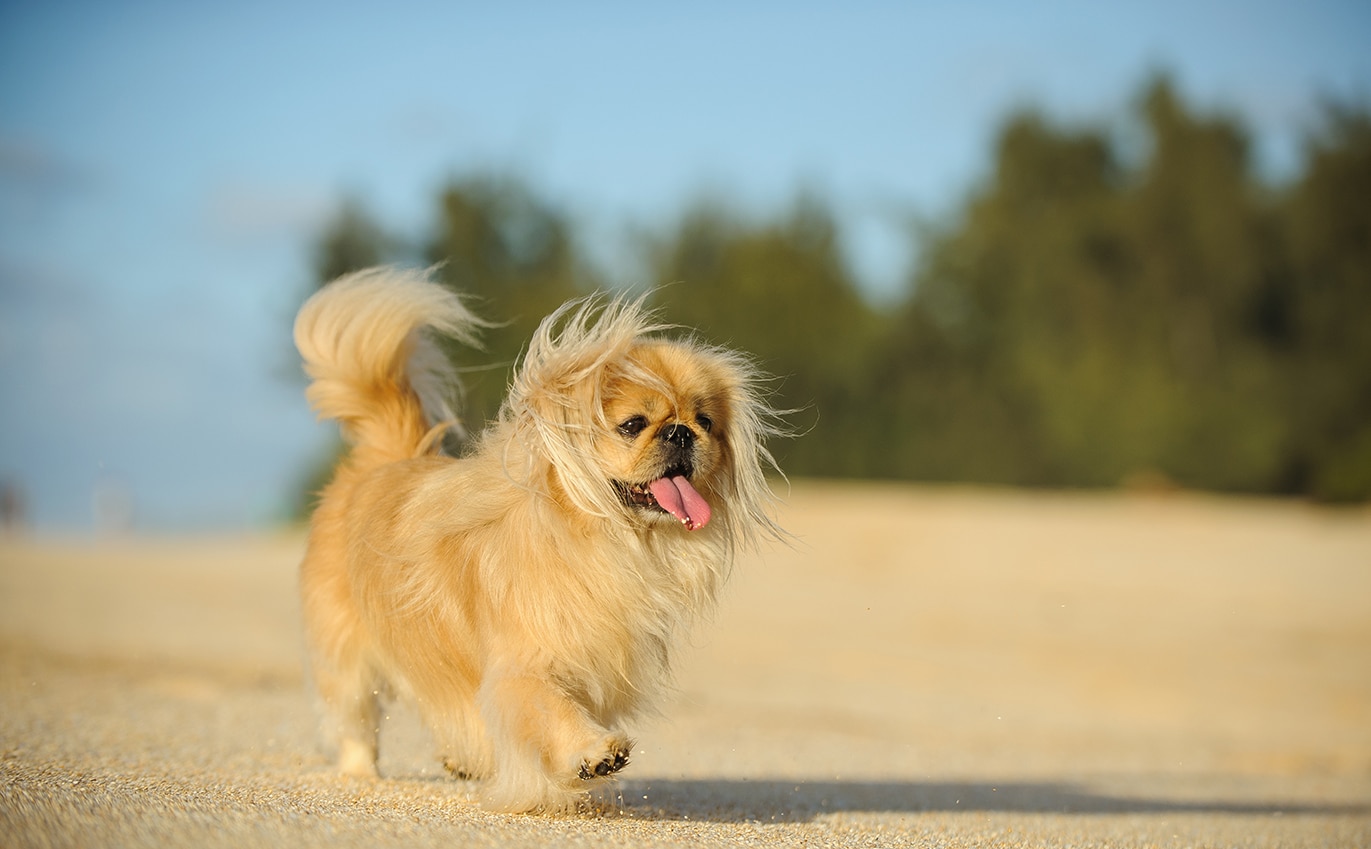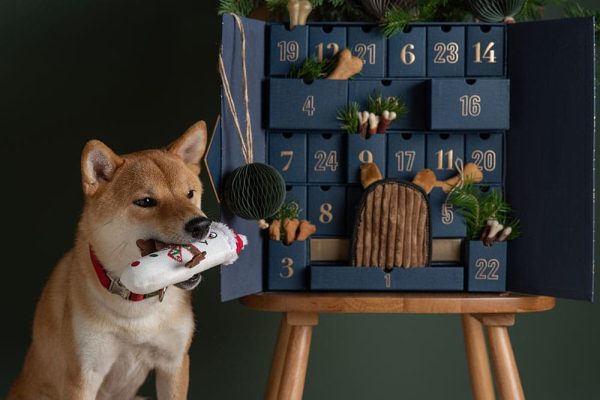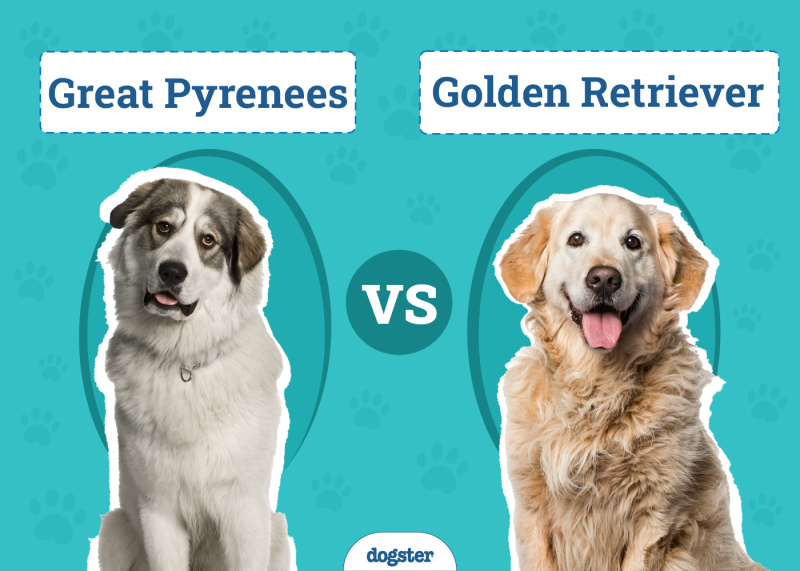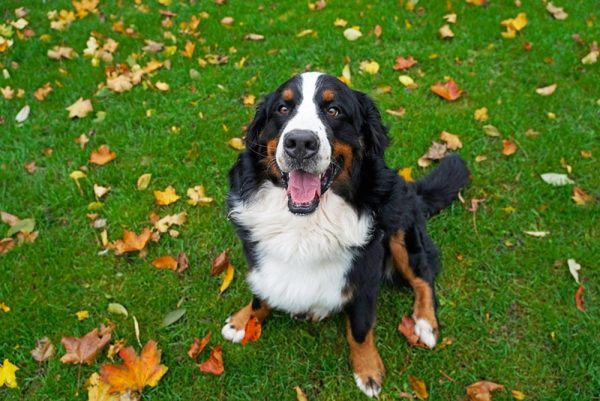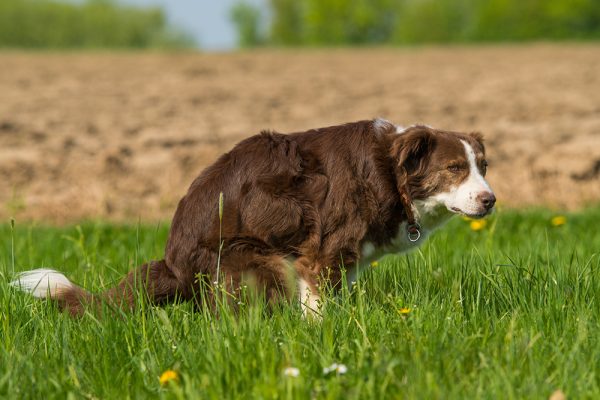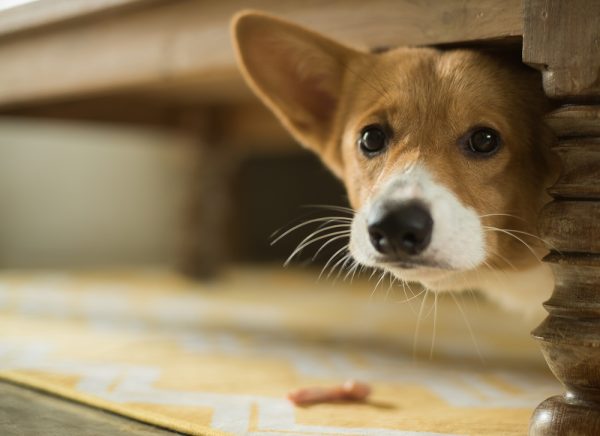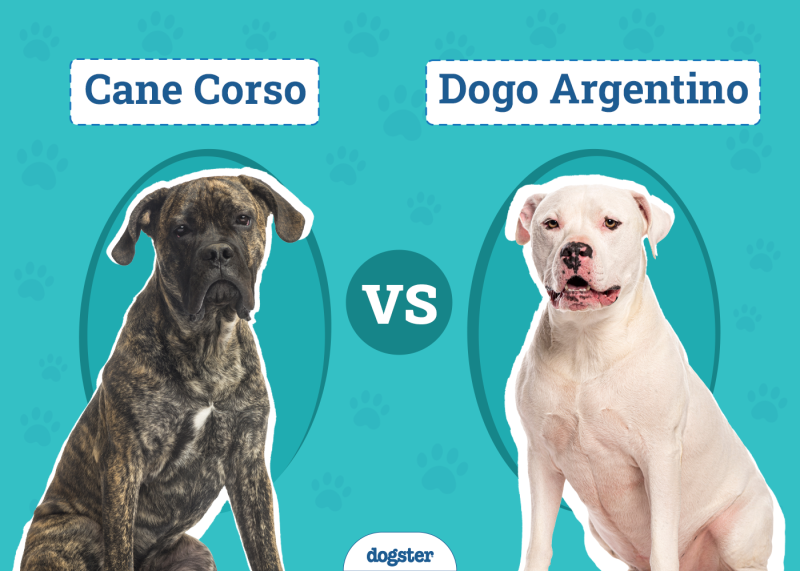In this article
View 8 More +The Pekingese dog breed is a small lion-like breed with a history extending back to ancient times. They are getting more popular each day due to their small size and attractive appearance. If you are thinking about getting one of these dogs but would like to know more about them, read on as we look into their appearance, temperament, intelligence, and grooming needs, so you can determine if they are right for your household.
Breed Overview
Height:
6–9 inches
Weight:
8–10 pounds
Lifespan:
12–15 years
Colors:
Biscuit, black, cream, fawn, gray, red, white
Suitable for:
Companion-oriented people with time to spend, families with older children, singles, the elderly
Temperament:
Affectionate, alert, watchful, loyal
The Pekingese breed is an ancient breed from China, and they were once part of Chinese royalty. They have a lion-like appearance with a thick mane and a flat face. They are affectionate dogs that form strong bonds with their owners and are well-suited to apartments and city life due to their small size. They don’t bark much but will alert their owners to any potential intruders or other issues, and they won’t back down from threats no matter how much smaller they are.
Pekingese Characteristics

Pekingese Puppies
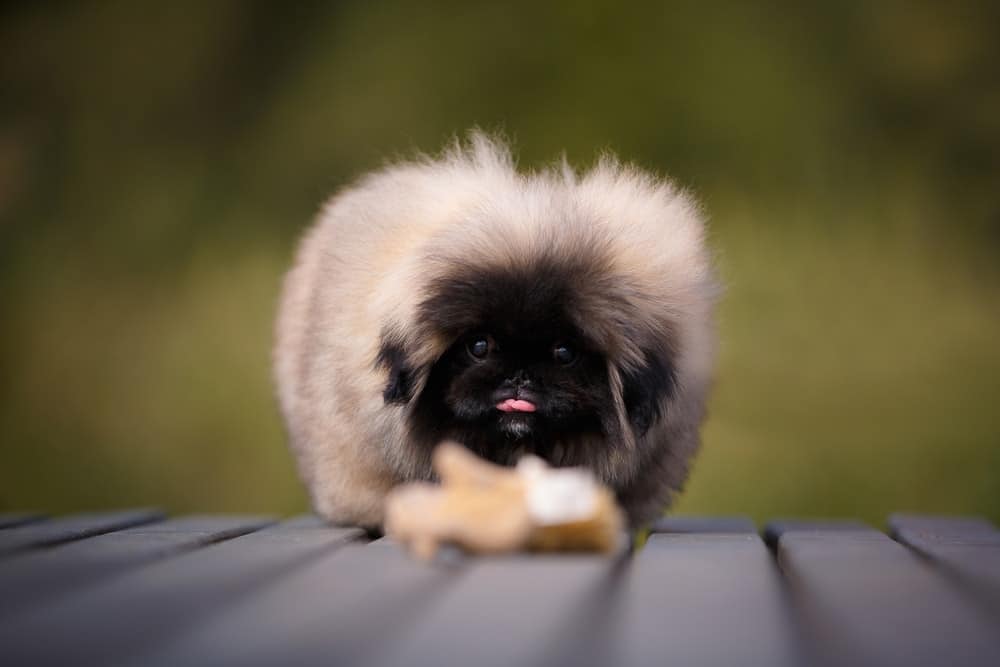
Pekingese puppies are playful, curious, and affectionate. They will need plenty of supervision and puppy-proofing to help keep them out of trouble, and they will also need socialization with other pets, people, and places to help them feel more comfortable around those things in the future. They can be entertaining to watch, and they will easily form strong bonds with their owners, but they can also be stubborn, especially when there is an area or object that they want to learn more about.
The ease of finding a breeder and the cost of your puppy will depend on your location and current demand. You may also be able to find one using an online breeder, though you may need to budget extra for shipping. Always ensure that any breeder you choose adheres to breed standards and puts the health of the dogs that they sell ahead of profits.

Temperament & Intelligence of the Pekingese 🧠
Many owners describe their Pekingese as regal, self-important, and loyal, often with a preference for a single person. Their alert nature helps make them expert watchdogs, and they rarely bark without reason. However, they can also be independent and will often do as they please, which can make training a challenge. Despite being rather intelligent, they often don’t follow orders unless they see a good reason to do so.
Are These Dogs Good for Families? 🏠
The Pekinese can be a great family pet due to their affectionate and playful nature. Their small size and adaptability make them well-suited to almost any living environment, including cramped city dwellings. They can also be comical and entertaining to watch. However, their small size can mean they get hurt easily by small children who might not understand how fragile they are.
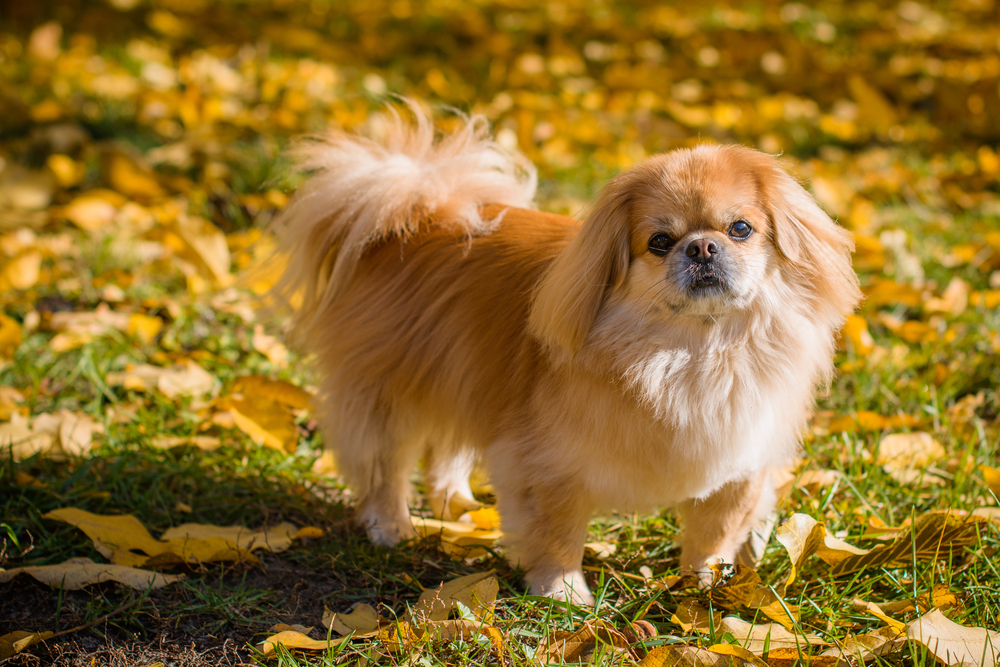
Does This Breed Get Along With Other Pets? 🐶 😽
The Pekingese often gets along with other pets due to their playful and friendly nature, especially if they spent time with other animals when they were still a puppy. However, they are fiercely confident and won’t back down from other animals during a confrontation, which might put them in danger from larger dogs.

Things to Know When Owning a Pekingese
Food & Diet Requirements 🦴
Like with any dog breed, feed your Pekingese high-quality dog food that lists real meat like chicken or beef as the first ingredient. It should be appropriate for your dog’s age, and it can be a good idea to ask your vet if a small breed food is required. Avoid brands that use chemical preservatives or artificial colors. It’s also a good idea to check with the FDA regularly to see if there are any recalls on a brand that you are using or considering.
Exercise 🐕
One thing that made the Pekingese popular is their low exercise needs. This means older people, those with health issues, and people who work frequently can all ensure that their pet gets enough activity to stay happy and healthy. Short leisurely walks and indoor playtime that includes mentally stimulating activities are all that the Pekingese needs.
Training 🦮
The Pekingese can be challenging to train due to their stubborn and independent nature. Starting when they are still puppies to get them into a routine can be effective, as it will become a regular part of their day. Keeping the sessions short and on time will give you the best chance of success. Don’t forget to use plenty of positive reinforcement in the form of treats, praise, and pets to help keep them interested and coming back for more.
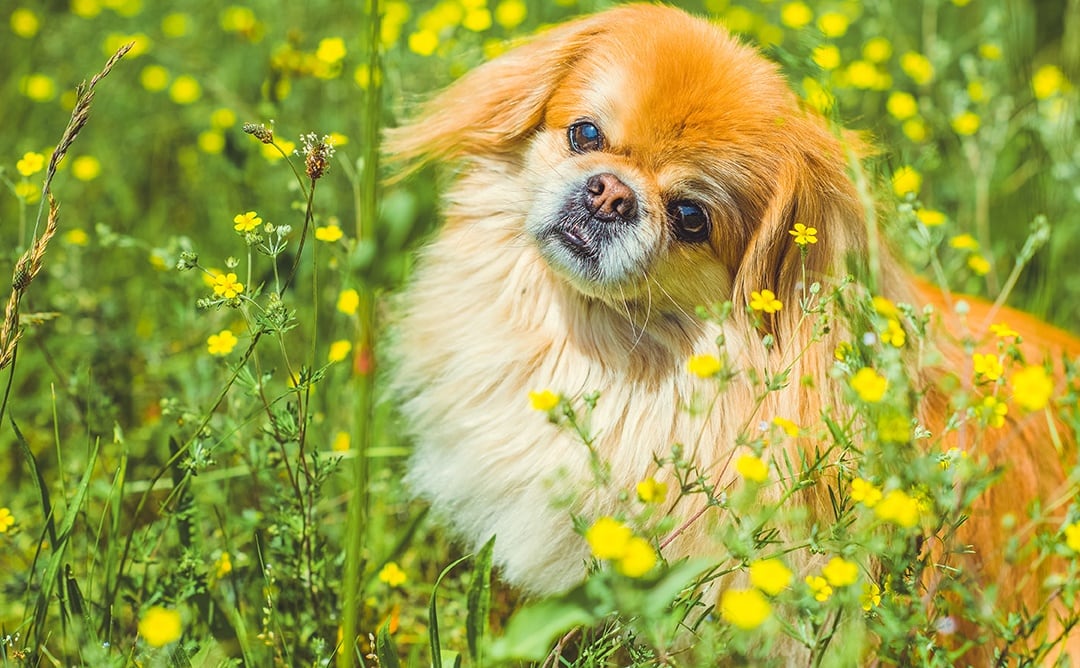
Grooming ✂️
The Pekingese often has a long, luxurious coat that requires frequent brushing to look their best. Remove any tangles and knots, and bathe them occasionally with a high-quality shampoo. You will also need to keep the area around their large eyes clean to prevent irritation and to check the ears regularly for signs of wax buildup, irritation, or infection. It’s also important to manually brush their teeth with pet-safe toothpaste to help prevent dental issues.
Health and Conditions ❤️
- Dental disease
- Obesity
- Brachycephalic syndrome
- Dry eye syndrome
- Mitral valve disease
Male vs. Female
The male Pekingese is usually more outgoing and friendly than the female, which will usually be more independent and reserved. Still, each dog will have a unique personality that their living environment and upbringing will influence.

3 Little-Known Facts About the Pekingese
1. They Were Royal Pups
Breeders originally created the Pekingese for the Chinese Imperial family.
2. One Was a Titanic Survivor
A Pekingese named Sun Yat-Sen survived the Titanic disaster. Sun Yat-Sen was one of three dogs to have survived the Titanic. The other nine dogs aboard perished.
3. They Were Offered as Unique Gifts
Chinese royalty often gifted a Pekingese to foreign dignitaries as a valuable treasure.

Final Thoughts
The Pekingese is a wonderful breed with an ancient history and a small size that makes them well-suited to apartments. They enjoy family life and often get along well with other pets, as long as no one has a problem with them. They are a bit fragile for small children, though, and they can be challenging to train, but a routine and plenty of positive reinforcement can help you teach your pet a surprising number of tricks over time, as they are quite intelligent.
Featured Image Credit: everydoghasastory, Shutterstock
